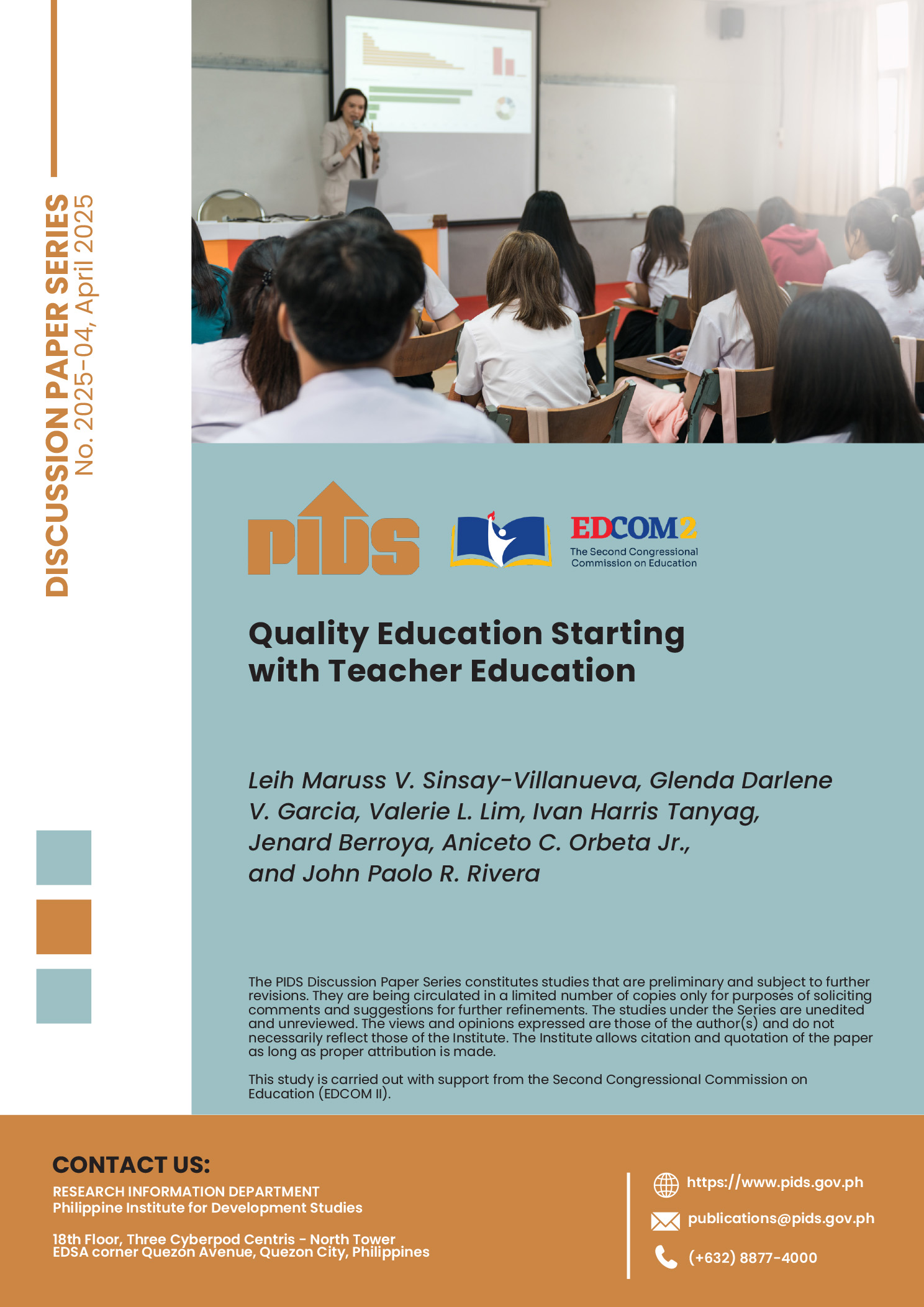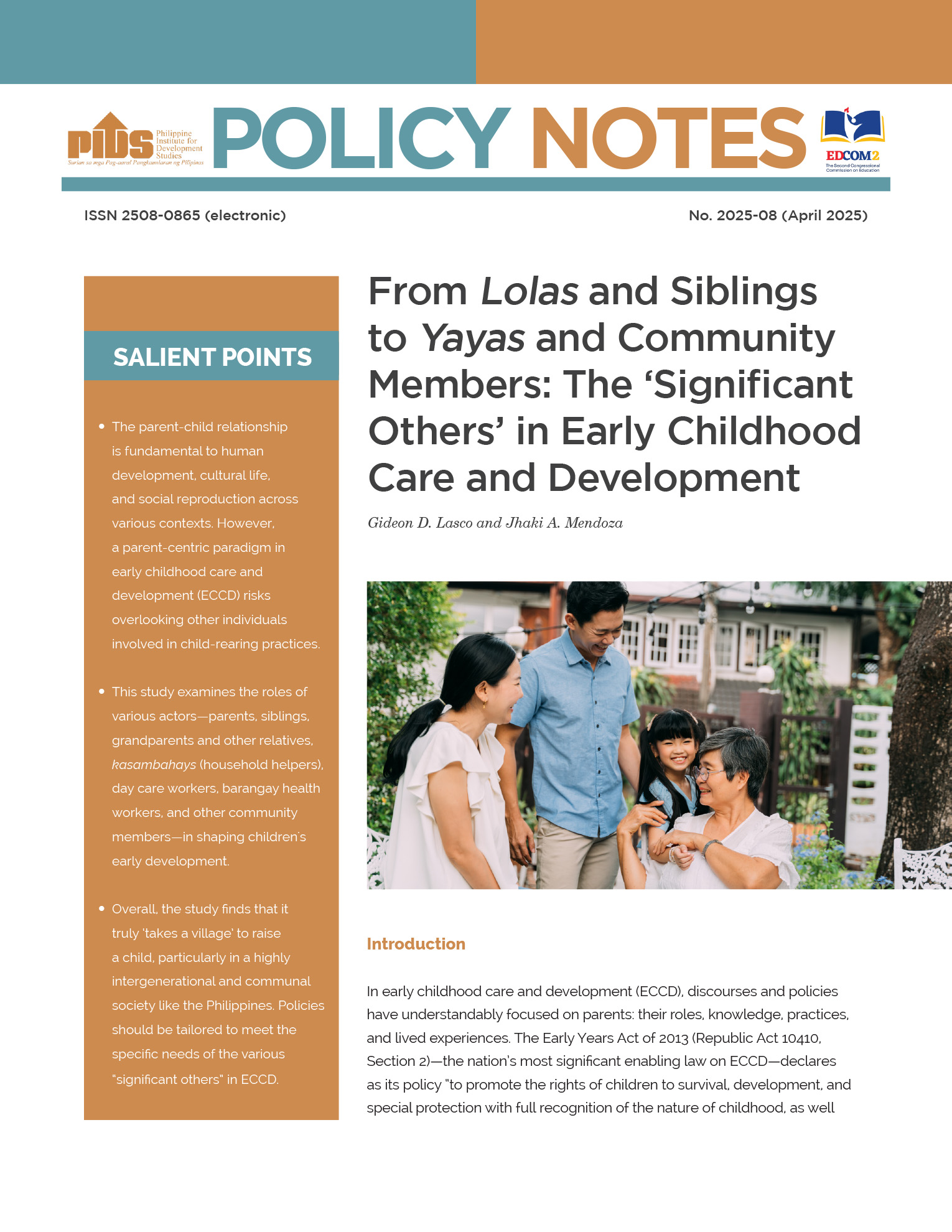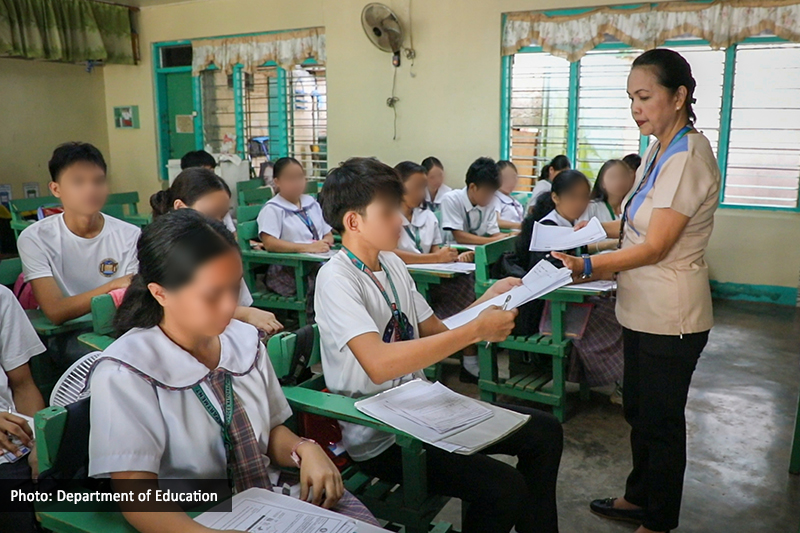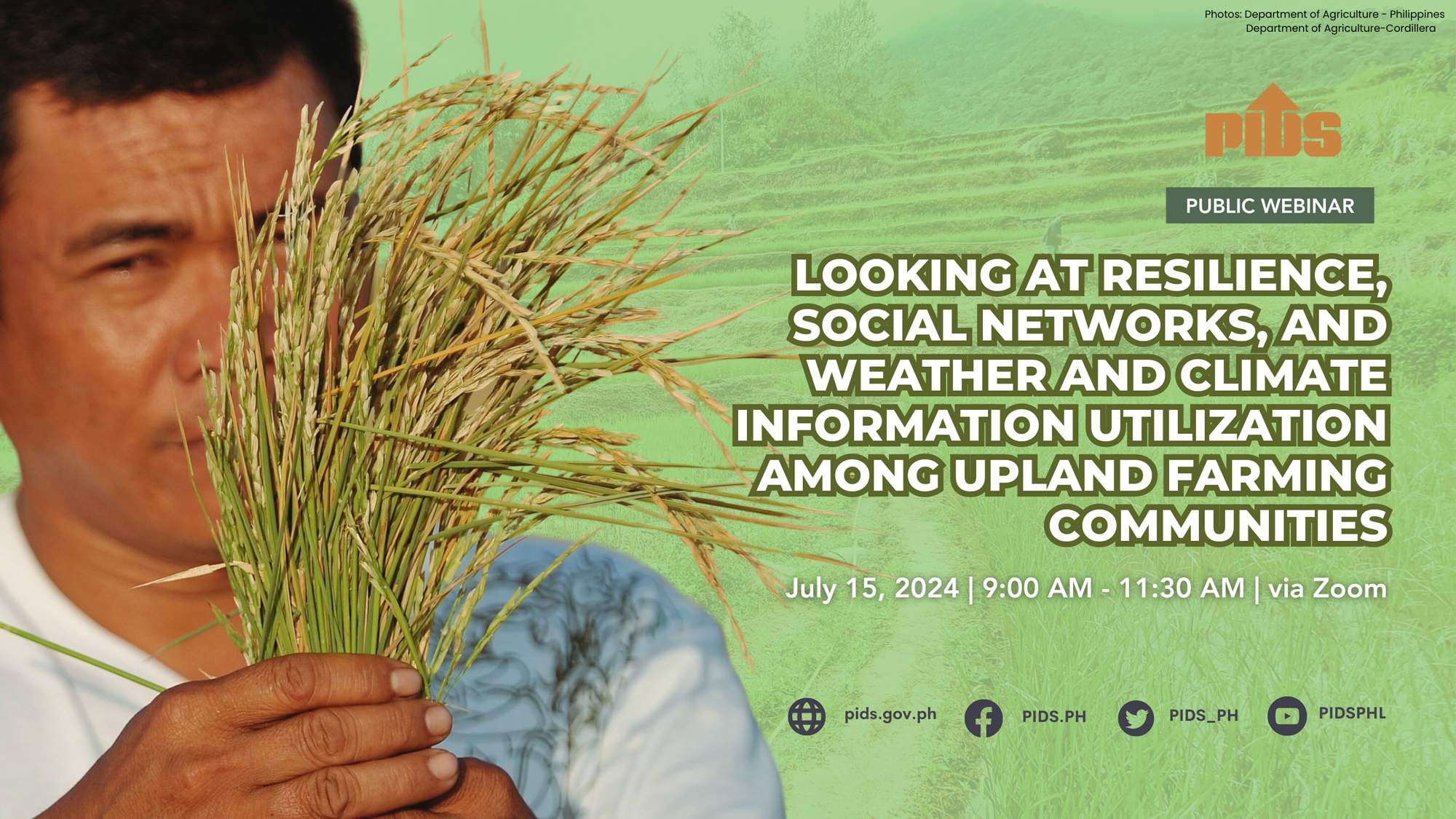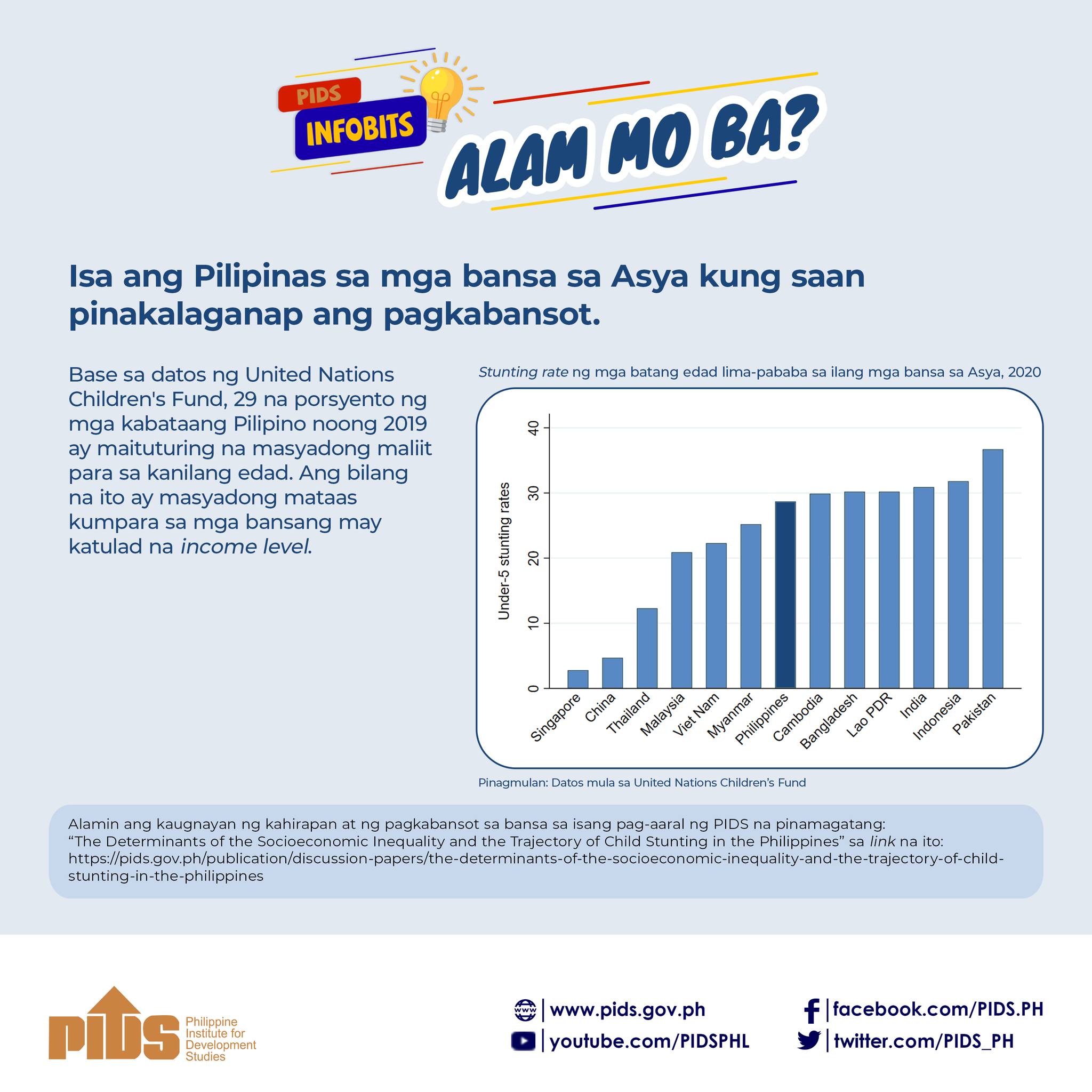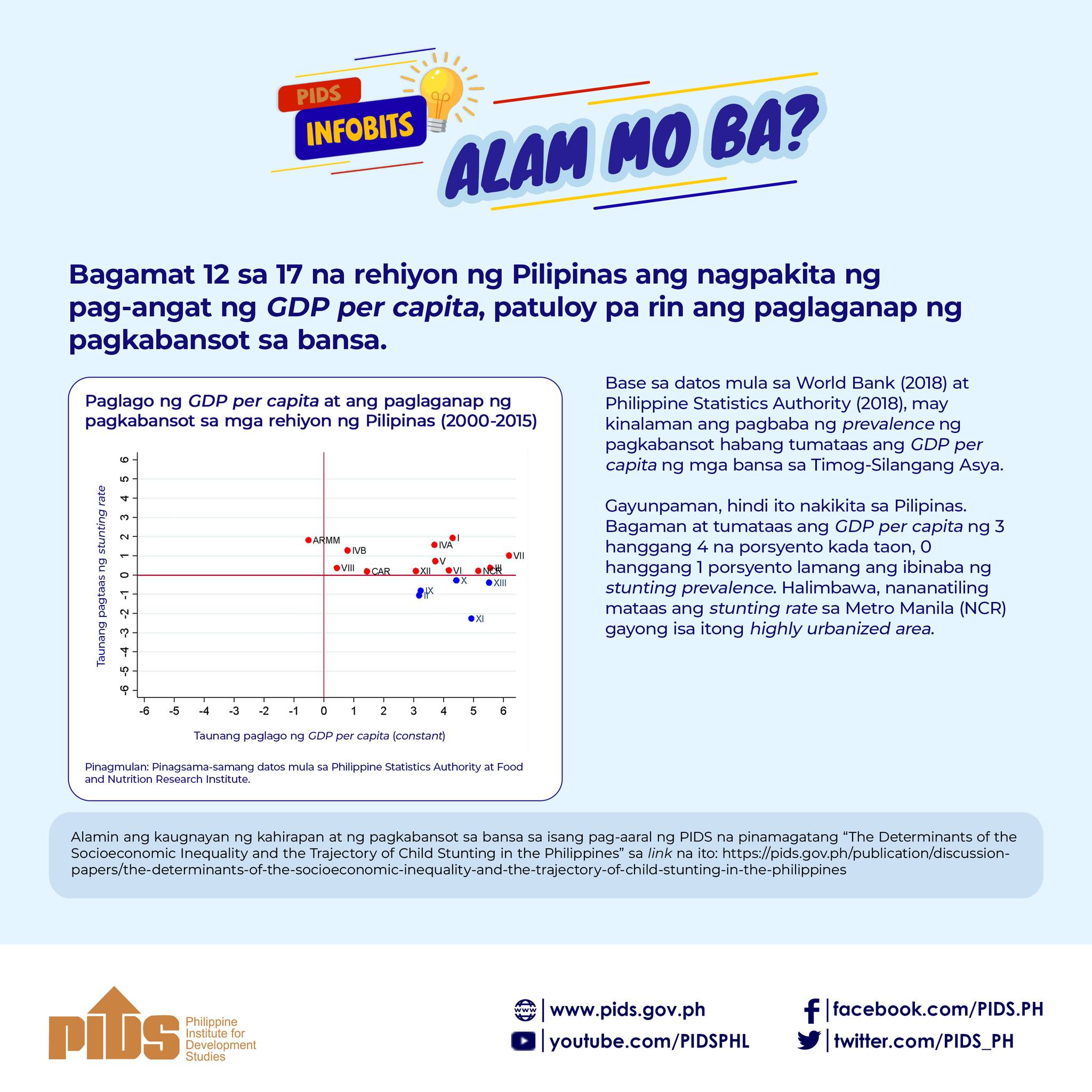THE Department of Education (DepEd) and the Department of Budget Management (DBM) yesterday signed a joint circular for the establishment of Child Development Centers (CDCs) in underserved communities.
Education Secretary Sonny Angara said the establishment of the CDCs will help address learning poverty at the grassroots.
“This marks a major milestone in the country’s effort to provide young Filipino children with quality early learning opportunities,” Angara said.
The joint circular provides clear guidelines for local government units to establish CDCs with funding support from the Local Government Support Fund-Financial Assistance to LGUs.
Angara said this will help address the gaps identified in the Second Congressional Commission on Education (EDCOM II) Year 2 Report released last year, which highlighted the limited access to early learning facilities, particularly in low-income areas.
“Early childhood education is a game-changer. It shapes lifelong learning outcomes and impacts the trajectory of a child’s future,” Angara said, as he underscored the importance of early childhood education in breaking the cycle of learning poverty.
Under the 2025 General Appropriations Act, funds will be allocated for the construction, rehabilitation, or upgrading of multipurpose buildings that will serve as CDCs.
Low-income LGUs identified in the EDCOM II study will be prioritized for funding.
LGUs must submit funding requests through the DBM Apps Portal, with DepEd evaluating and endorsing eligible projects.
Once approved, Angara said funds will be released to LGUs, which must provide at least 150 square meters of land and shoulder operational costs, including teacher salaries and utilities.
“The investment we make in early childhood education today determines the kind of nation we build tomorrow. This is not just about education; it is a nation-building strategy,” the DepEd chief added.
Under Republic Act 6972 or the Act Establishing a Day Care Center in every Barangay, each barangay should have a CDC to cater to the needs of early learners.
But a study conducted for EDCOM II by the Philippine Institute of Development Studies (PIDS) showed that despite significant investments the government has poured, early childhood care and development (ECCD) in the Philippines faces numerous problems ranging from inadequate facilities to the quality of day care workers.
Among the challenges noted in the study are the low participation in early childhood education among Filipino children aged 3 to 4 years old, despite the passage of legislations such as the Kindergarten Education Act of 2013, the Enhanced Basic Education Act, and the Early Years Act of 2013.
The lowest participation rates in pre-kindergarten programs are observed in the Bangsamoro Autonomous Region in Muslim Mindanao, where less than five percent of children are enrolled, compared to almost 40 percent in the Ilocos region, the PIDS study showed.
It added that participation rates remain relatively low even in affluent areas such as Calabarzon and the National Capital Region.
The PIDS study also said that inadequate facilities hamper access to ECCD, thereby limiting opportunities for the learning and development of children.
The study also said that the current supply of capital investments for ECCD needs to be increased to meet the goal of universal access for children aged 3 to 4 to ECCD services.
“The current facilities are short by around 33,000 to meet the 96,000 child development centers required to meet 100 percent of the demand. This requires about P95 billion in capital investments to ensure that facilities meet the standard of a National Child Development Center,” the PIDS study added.
The report also noted that a well-trained and adequately compensated teaching staff, ideally holding bachelor’s degrees with specialization in early childhood education, is also a major factor in the delivery of ECCD services.

